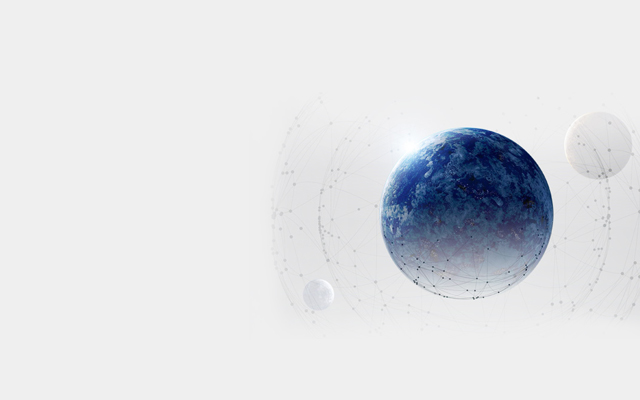DLC film, also known as diamond-like carbon film, has good mechanical properties, electrical properties, optical properties, extremely high hardness, resistivity, electrical insulating strength and thermal conductivity, high infrared transmittance and optical refractive index, and good Chemical stability and biocompatibility, so it has a wide range of applications. Therefore, the preparation of DLC by vacuum coating machine is also particularly concerned by the market. The ratio of the number of sp3 bonds to sp2 bonds in the DLC film is the main factor determining the hardness of the diamond-like carbon film. The larger the value, the higher the hardness. Therefore, the diamond-like carbon film has an adjustable high hardness, and the upper limit of the hardness value is close to the hardness of diamond (100 GPa), reaching 95 GPa. Hardness is related to the DLC structure.

Therefore, it is related to the preparation method. The DLC film prepared by the magnetic filtration cathodic arc method (FVCA) has a hardness similar to that of the diamond film; the hardness of the DLC film prepared by the vacuum cathodic arc method (VCAD) is above HV5000; while the magnetron sputtering method is prepared. The hardness of the DLC film is generally lower than HV2000. In addition, the deposition process and doping also affect the hardness of the DLC film. Appropriate bias, pressure and atmosphere can improve the hardness of the DLC film to varying degrees. Most experiments show that doping The hardness of the DLC film is reduced to varying degrees, but some people think that the incorporation of Si can improve the hardness of the DLC film. Generally, there is a large internal stress in the DLC film. The internal stress is not only related to the structure and composition of the DLC film, but also It is also closely related to the film forming process. For example, in the H-DLC film, the internal stress has a great relationship with the H content.
The vacuum coating machine coats the DLC film. While maintaining the high hardness of the DLC film, the addition of N, Si and some metal elements can reduce the internal stress. The internal stress has a great influence on the bonding performance of the DLC film and the substrate. Directly on the substrate When depositing a DLC film, the adhesion of the film is generally poor. The thinner the DLC film, the better the adhesion between the film and the substrate. In addition, the adhesion of the film can also be enhanced by adding a transition layer between the DLC film and the substrate. For example The use of Cr as the transition layer significantly improves the bonding between the film and the substrate; different substrates have different effects on the transition layer. Due to the high hardness of the DLC film, it has excellent wear resistance, and its coefficient of friction is low, so it is an excellent surface modification material. Because of the excellent properties of the DLC film, it has been widely used. DLC The film is very suitable for tool coating. The preparation process of DLC film is developing rapidly, and a variety of preparation methods have been developed. These methods are roughly divided into two categories: physical vapor deposition (PVD), chemical vapor deposition (chemical vapor deposition referred to as CVD) and plasma enhanced chemical vapor deposition (PECVD).
Vacuum coating machine PVD coating methods include vacuum evaporation, resistance heating evaporation, induction heating evaporation, hot cathode ion plating, arc ion plating, reactive reactive ion plating, radio frequency ion plating, DC discharge ion plating, etc. Gas discharge is introduced into vapor deposition, so that the entire deposition process is carried out in the plasma, which greatly improves the particle energy. The magnetic filter cathodic vacuum arc deposition (FCVA) technology uses a magnetic filter coil to filter out large particles and neutral atoms generated by the arc source, so that almost all carbon ions reach the substrate, which can be prepared with a higher deposition rate. A hydrogen-free DLC film is produced. Some people use FCVA technology to make a hydrogen-free carbon film with a sp3 bond content of up to 90% and a hardness of up to 95 GPa. Its properties are similar to polycrystalline diamond materials. Sputtering is the use of glow discharge, cathode sputtering The principle of coating. The magnetron sputtering method is to use argon ions Ar to sputter the graphite target through DC intermediate frequency or radio frequency. The energy distribution of the sputtered carbon atoms varies according to the energy and type of the sputtered ions. The advantages of this method The deposition temperature is low, the equipment is simple, the deposition area is large, and high-resistance films and insulating films can be deposited.







